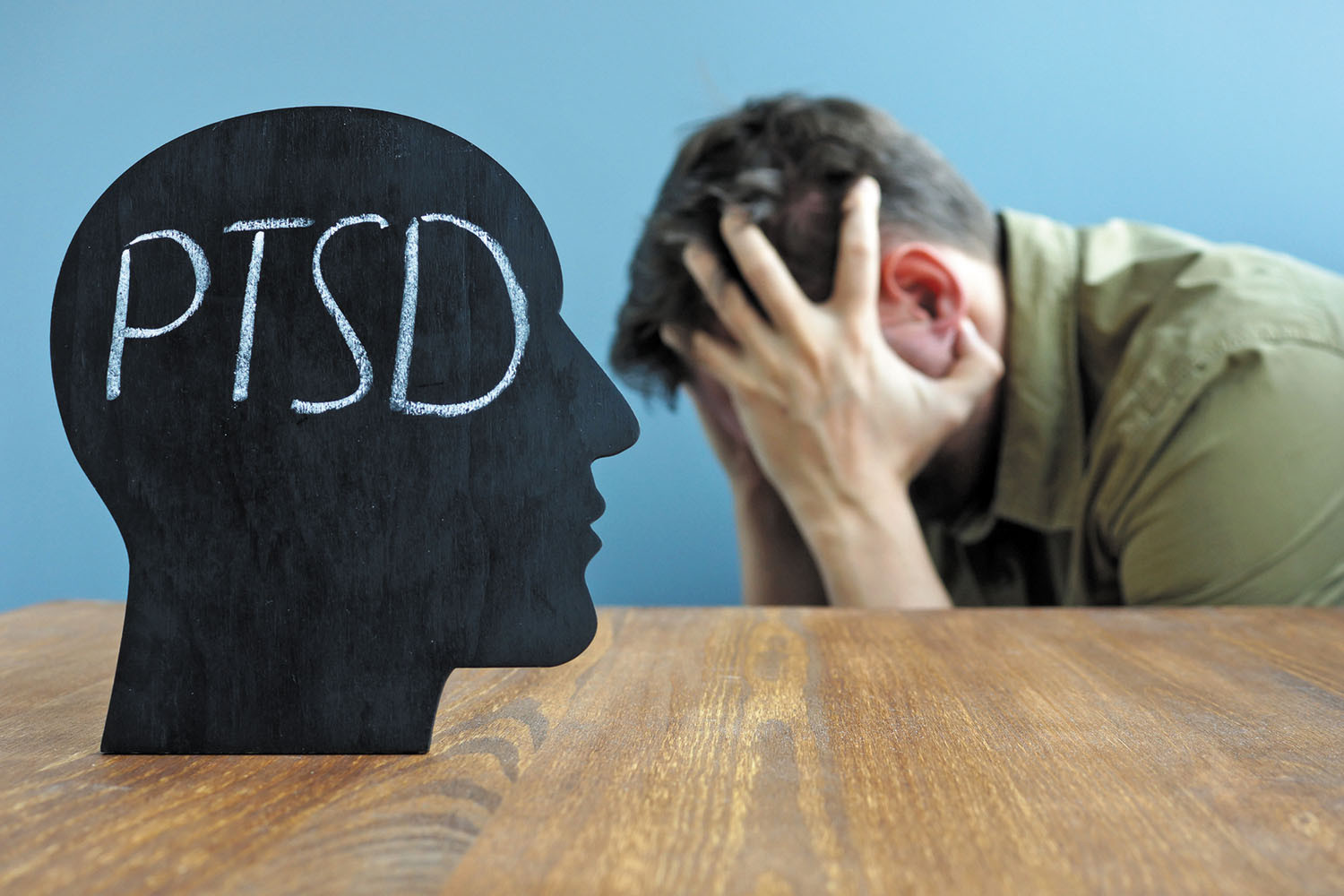Everything You Need To Know About Post-Traumatic Stress Disorder
Post-traumatic stress disorder is a mental health disorder that develops when a person experiences a terrifying or traumatic event, including sexual assault, a dangerous accident, natural disaster, etc.
Many people who experience some traumatic events show their reactions in different ways, including fear, anger, guilt, etc. these symptoms can go away over time. Some conditions can last long and are difficult to cope with. If these fears disturb you for months and interfere with your daily activities, you may have PTSD.
PTSD victims develop fear over time and can’t continue their life as expected.
Studies reveal that PTSD symptoms may be experienced within three months after the traumatic event. It often takes years to recover from any trauma. My cousin also suffered from PTSD but he consulted with a psychiatrist in Karachi. Talk therapy helped him recover from PTSD.
Symptoms to Learn
-
Excessive emotions
The outburst of anger and uncontrolled emotions may indicate that you have PTSD. Such victims can’t fall asleep or find it difficult to get the proper sleep due to random and disturbing thoughts. These symptoms also affect the other body’s health, including high heart rate, rapid breathing, nausea, diarrhea, etc. It also causes trouble in concentrating and causes the feeling of always being easily frightened.
-
Emotion and cognition symptoms
Blaming yourself for the traumatic event can also be a sign of Post-traumatic stress disorder. Such memories can leave you feeling alone.
-
Avoiding
Victims avoid being the place where the traumatic event happened. It can make the victim think about self-isolation.
-
Relive the event
A person with PTSD relives the memories of the trauma or the thoughts, including nightmares, etc.
Risk factors
Learning about the risk factor can save us from developing PTSD. Parents should also focus on their kids as the early age traumas last long.
- Having had a trauma since childhood
- No support after the event
- Deal with even more pain after a traumatic event
- Mental illness history
- Feeling of helplessness
- A traumatic event that lasts a long time
PTSD has four Phases, including:
- Impact
- Rescue
- Intermediate recovery
- Long-term reconstruction
A person may experience one or more symptoms during any of the PTSD stages. It also depends on how severe and frightening the traumatic event is. Around 5.2 million people have experienced PTSD and women are the most common victims of this disease.
Post-traumatic stress disorder Diagnosis
You can’t diagnose this disease until one month after the event happened. A psychiatrist will check your condition and symptoms to ensure the disorder.
PTSD Treatment
- Psychotherapy is the first and preferred solution that helps the victims a lot to deal with the mental issues. Talk therapy will reveal to you what is disturbing you and how to control such thoughts. There is more than one type of talk therapy, but it depends on your condition.
- Medicines are the second solution that your doctor may consider to treat your condition. There are medicines available like antidepressants that control the emotions, anger, stress, and other inner feelings. You can also get quality sleep with such medicines.
How to Prevent PTSD?
When you see a traumatic event, make sure that you consider resilience factors that prevent you from developing PTSD.
- Consider the event as a learning period but not a nightmare
- Show your other emotions rather than being frightened to face the situation
- Share with your family and friends because they will support you.
- Get yourself busy with other activities
- Don’t overthink
Final Thoughts
I remember when I saw a patient in a family care hospital where he was waiting for his appointment. He experienced a traumatic event that affects his overall health.
Posttraumatic stress disorder recovery is a gradual process that takes time. PTSD treatment helps us a lot to cope with stress and depression too.
A survey shows that many adults have had trauma since their childhood. It gets worse over time. Such victims fail to manage the PTSD and result in physical health issues. If you are experiencing severe symptoms, you should visit your psychiatrist and get help with talk therapy.



